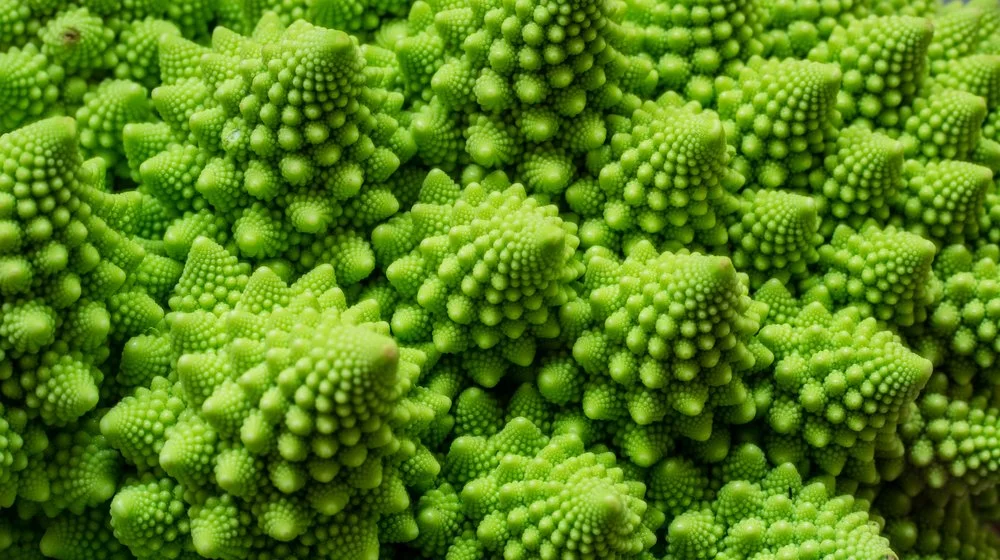The Post-Pandemic Era of Self Discovery
When rubber meets road… who have you become?
We emerge from our collective hibernation, blinking, into an environment that looks familiar, yet feels foreign. Two years of disruption and survival mode leave us stressed, overwhelmed, and seeking. We begin to shed the outer layers that enabled us to manage through that moment, and reflect on the inner turmoil and progress it surfaced. That was… weird. We look at one another, shrug, and return to business as usual.
Over two years after the COVID-19 pandemic, we return to a normal that is anything but, determined to elbow our way into meaningful progression. It will be:
easy to get swept up in this return
harder to intentionally reflect on what has happened
harder still to understand the implications and implement self-improvement
After all, people act in unpredictable ways under extreme stress. Why not just close the door and never look back?
We have all learned something new. Without knowing what is “really us” and what is “pandemic us”, re-entering the world of normal can be an odd exercise in tension, insecurity and confusion. What sticks, and what was merely temporary? Where have we made enough progress, and where do we need to reach further still? To complicate things further, many of us spent this time entering a new life stage. We can’t go back and make up for lost time – like time travelers, we now need to make sense of where we’ve landed and how to move forward.
In advocacy of moving forward with intention and purpose – what you are not is just as important as what you are. I call this the Great Unraveling.
There is much to let go of on a societal level, but this work starts on a personal level. Liberation is both an active and passive process, occurring naturally over the course of day-to-day life but occasionally confronting us and challenging our perspectives in sudden, stark and painful ways. This dual unraveling is more natural than it may seem. We mark time around the lifecycle of leaves. Growth hardly observable to the naked eye happens each day in our environment, but disasters like wildfires force the forest to drop fire-resistant seeds and start from scratch.
We can learn from nature‘s cycles of growth:
Pruning is the process of cultivating plant growth by cutting off older parts. This intentional cutting allows for new, healthier growth, often in a specific direction, by freeing up energy and resources. Finite energy and time are wasted for the sake of feeling productive or competitive without direction. This is why it’s important to let go of what no longer suits you, follow your instincts, and grow into what you want to become.
When warm weather arrives, to ensure the long-term survival of your seedlings and indoor plants you must “harden” them. This is the process of slowly acclimating them to harsher outdoor conditions over a week or two – slowly increasing the time and exposure to the elements. While the process might feel passive, it creates preparedness to deal with active, potentially overwhelming stimuli. Through this adjustment period, you can mitigate cognitive dissonance between your current state of being and ideal environment or identity. This is where easing in with intention, patiently building capacity, and giving yourself grace pays off.
Fractal patterns exist in the universe from broccoli to galaxies. They are small pieces, repeated indefinitely, to build bigger patterns. These patterns can help us understand and embrace complexity. From small instances can arise great sums – habits and everyday encounters can shape greater meaning in our lives. Often in life, you cannot see progress made until you gain perspective by taking a step back. This is how daily mindset and behavior change on a personal level can create progress on a societal level.
These processes take time, and it’s natural to feel a gap between when you start sowing seeds for success, to observing what grows naturally within your environment and what requires a personal touch, to finally reaping the rewards of the new growth and progress in your life.
We can act now to set ourselves up for success long term:
Reflect: Create space or mechanisms to hear yourself, such as alone time walking, biking, or driving, therapy, or hobbies that allow for meaningful progress or expression. Put on a non-judgmental observer hat – reflect on what has already happened, but also on surprising reactions to new stimuli.
Connect: Engage in or create opportunities to meet new people, talk openly about your experiences and journey, and prioritize awareness over being right. Worst case scenario – it may be anxiety-inducing or awkward, you will survive. Best case scenario – you learn something new, meet a friend, or join a community.
Integrate: Find small ways to break out of your routine. Go out of your way to find new challenges, or fresh, exciting versions of old hobbies, and schedule them regularly to slowly integrate them into your life. This starts off requiring high energy, but over time, they become second nature and well within arms reach.
Refresh: Create visible shifts and progress to reinvigorate yourself by engaging in tried-and-true activities like spring cleaning, traveling, re-organizing your house, and reaching out to old friends. Find a “third place” – a social hub outside work and home you can visit regularly.
Prioritize: Decide what to take forward, what to leave behind. This might be all at once, or over a period of time. Physical artifacts may be helpful in this process, such as writing lists or discarding/donating items.
These are not rules, but guidelines – you can explore this list in any order and may encounter opportunities that check multiple boxes. We are each on our own journey and will move forward in different ways. What is certain: only you can choose to take the path of growing with intention, and that first step is the only path to a more intentional society.

